When Should We Go in Case of Dental Emergency?

If you have oral or dental problems, the dentist should be your initial port of call. What happens if you run into difficulty on a weekend, a holiday, or at a strange hour of the night? As soon as the dentist’s office’s work hours began, many people who had encountered this predicament were unclear about what to do. You need a dental emergency if you have oral and dental problems outside of regular clinic hours. Knowing the difference between a routine dental problem that can wait until tomorrow and a true dental emergency that threatens your life and oral health is crucial. In the lines that follow, the dental emergency and its associated challenges are discussed.
What Situations Are Not Dental Emergencies?
It is not a dental emergency if you can wait a few days to receive treatment for your problem. For instance, according to an experienced Vancouver emergency dentist, a fractured tooth is considered an emergency if it hurts excruciatingly or has sharp edges that cut the mouth’s soft tissue. If the shattered tooth doesn’t pain, you can put off going to the dentist.
When there are no symptoms of a tooth abscess, such as face or gum swelling or a high temperature, you might delay seeking medical attention for a toothache until it becomes more severe. If you wait, you are not subject to the six-month limit for not receiving treatment. A toothache won’t go away on its own with time, no matter how much time passes. To prevent the tooth from serious degeneration, the toothache’s root must be extracted as soon as feasible. In the interim, until you can see the dentist, you can manage your toothache with medications.
If the crown or filling has come out, you can usually wait a few days before making a dentist visit. You can temporarily protect your teeth with sugar-free gum while removing the dental filling. Dental adhesives specifically designed for veneers can temporarily fix one to a tooth if it has come off.
Methods for Preventing Dental Emergencies
As you can see, the majority of dental emergencies may be prevented. Accidents and other traumatic occurrences commonly result in dental emergencies.
If you play team sports or get into physical altercations, use a mouth guard to protect your teeth. Instead of buying the mouth guard from the pharmacy, see the dentist if you need more exact models. Your mouth is molded by the dentist, who will make a custom mouth guard for you.
Your teeth may suffer damage from some bad oral hygiene habits. Chewing on hard objects like sweets, ice, and the ends of pencils and pens, as well as pencils and pens, can damage the tooth structure. Chewing on hard objects can lead to fractures and damage to tooth enamel over time, resulting in teeth breaking. By giving up such harmful habits, you can protect your teeth.
Never use a tool like your teeth. Using your teeth to tear apart packages, open soda cans, or open soda bottles is improper. To do these activities, use a door opener and scissors.


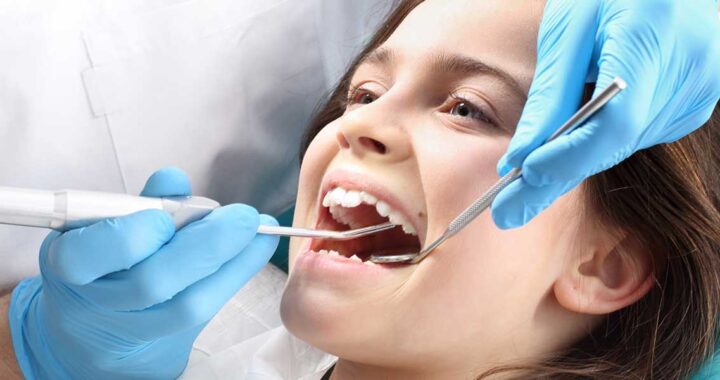 Understanding the Revolution in Dentistry: Dental Implants
Understanding the Revolution in Dentistry: Dental Implants 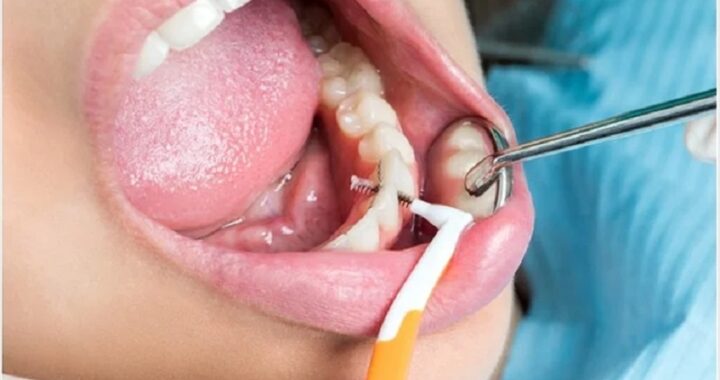 Transforming Smiles Discreetly with Invisalign in Leicester
Transforming Smiles Discreetly with Invisalign in Leicester 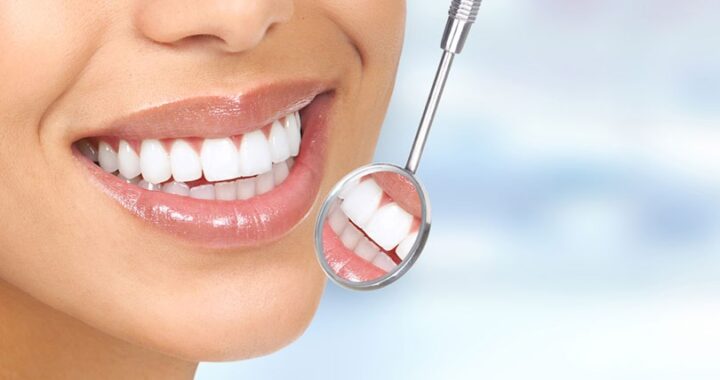 Tips for Choosing the Right Dentist Near Coorparoo
Tips for Choosing the Right Dentist Near Coorparoo 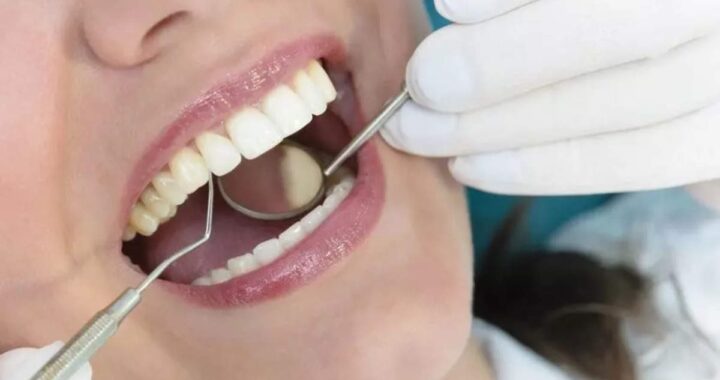 The Role of Your Local Dentist in Navan for Oral Health
The Role of Your Local Dentist in Navan for Oral Health  The Role of Specialised Clinics in Managing Long Covid Symptoms in London
The Role of Specialised Clinics in Managing Long Covid Symptoms in London 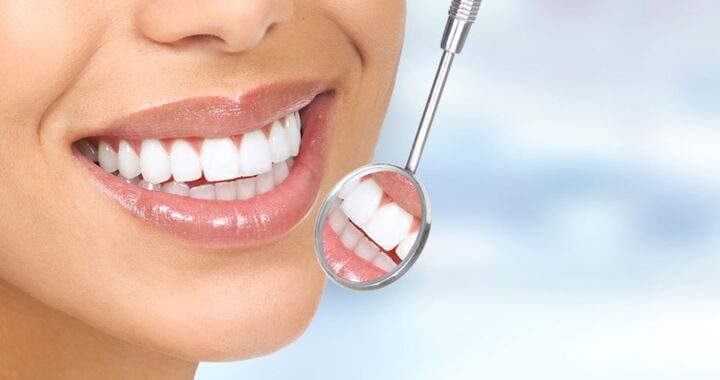 The Revolution of Botox in Cosmetic Dentistry: A Case Study of Tunbridge Wells
The Revolution of Botox in Cosmetic Dentistry: A Case Study of Tunbridge Wells  Innovations in Health Screenings: Exploring the Latest Technologies in Clinic Services
Innovations in Health Screenings: Exploring the Latest Technologies in Clinic Services 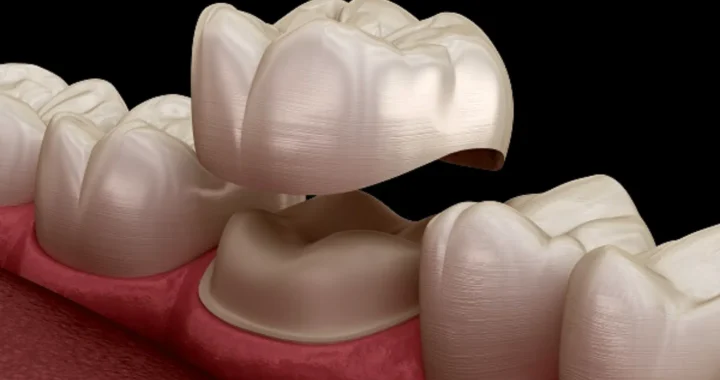 Dental Crowns –Restoring Strength, Function, And Aesthetics.
Dental Crowns –Restoring Strength, Function, And Aesthetics.  One-Person Wonder: Making Waves in the Massage Industry in Gunma
One-Person Wonder: Making Waves in the Massage Industry in Gunma  How Cataract Surgery in Nashville Improves Vision and Quality of Life
How Cataract Surgery in Nashville Improves Vision and Quality of Life